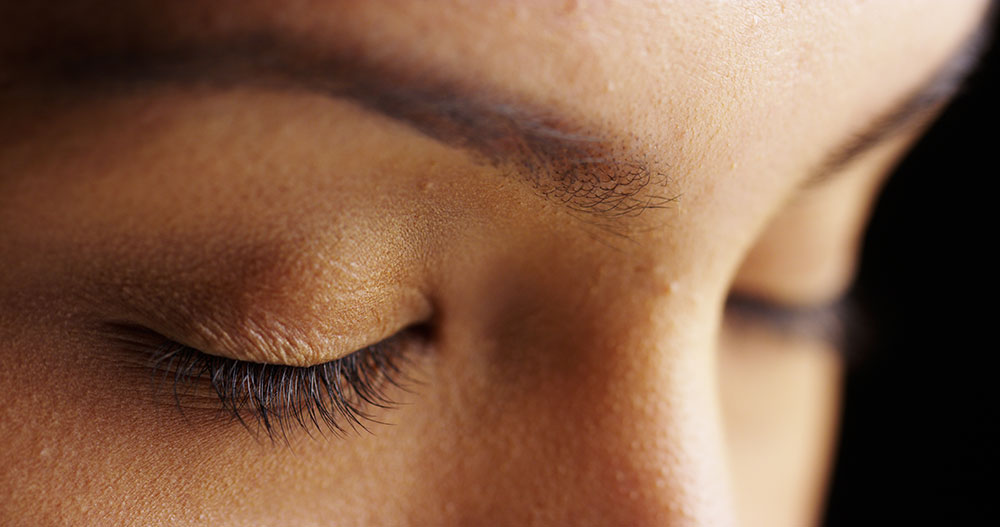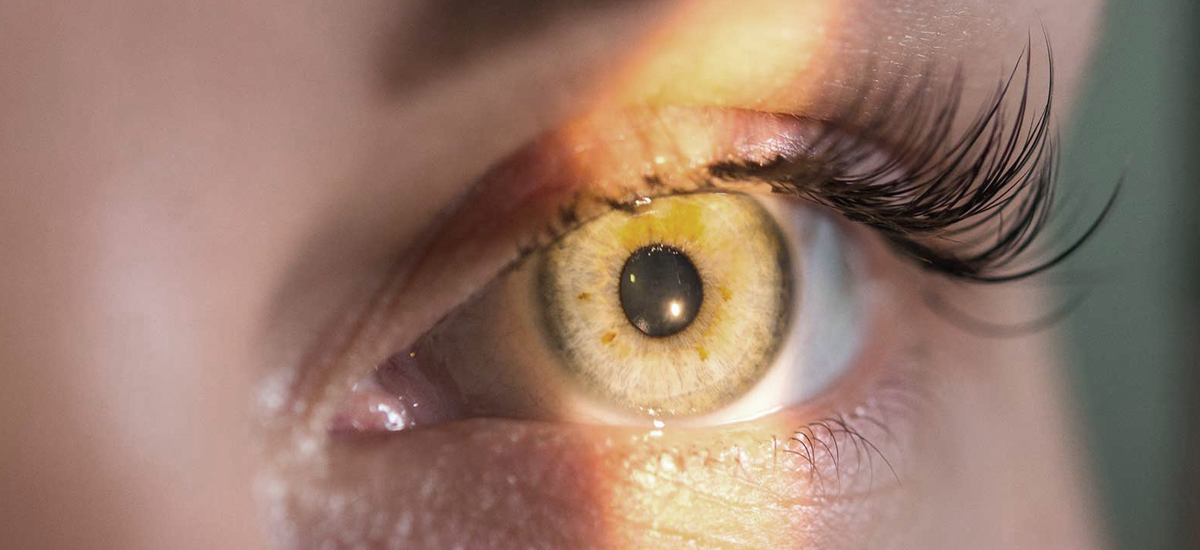What Causes Darkened Vision?

If you ever experience sudden vision changes, it’s okay to be alarmed. After all, you might be trying to figure out what caused them and what you can do to restore your eyesight. Sometimes, the changes might be as simple as blurry vision, and other times, you may have a grey area in your field of view, or things may appear dimmer than usual.
What causes darkened vision? Let’s hear from our expert optical team.
What causes darkened vision?
One of the common causes of darkened vision is optic neuritis. This indicates inflammation in the optic nerve, which is fundamental to your vision. The origins of optic neuritis are unclear, but some research has suggested that people with specific medical conditions, such as multiple sclerosis (MS), have a higher probability of getting it.
Optic neuritis symptoms may come out of nowhere, or they may worsen over a couple of days. In addition to darkened vision, things may appear fuzzy, and you may have a decreased perception of colors. You might also experience eye pain.
The best treatment for optic neuritis can vary from person to person. You might not need any medical care, or you might need certain medications to help restore your eyesight. While your vision may not revert to normal after you get this condition, in some cases, working with an eye doctor can help.
Another cause of dim vision is cataracts. According to the American Optometric Association (AOA), a cataract is a fuzzy portion in your eye lens, which can make visuals appear blurry. You might also experience problems with night vision and trouble perceiving colors. If you have any symptoms of cataracts, we urge you to contact an optometrist as soon as possible to get ahead of treatment.
One other condition associated with a “shadow or dark curtain in your vision” is retinal detachment. If your vision ever appears dark, and you notice grey figures in your immediate line of sight, you’ll want to get in touch with a specialist right away.
Why does everything seem darker in one eye?
Darkened vision sometimes affects a single one of your eyes. If you have optic neuritis, for instance, you may experience problems in either eye or both eyes. Keep in mind that your symptoms may develop due to being exhausted or overheated.
While cataracts often impact both eyes, they can sometimes occur in one. Consider that your symptoms might be more severe in one eye, making your vision appear darker.
Retinal detachment tends to affect one eye, though it can happen in both. Some people, including those with connective tissue problems, may have an increased risk for retinal detachment in two eyes.
Summary: What leads to dim vision?
Sudden vision changes are not always concerning, but if you experience dim vision out of the blue, it may be time to consult your eye doctor. There are many causes of darkened vision, including but not limited to:
- Optic neuritis
- Cataracts
- Retinal detachment
All of these conditions warrant a conversation, at the least, with an optometrist. And don’t be surprised if they only affect one eye. All three conditions can happen in a single eye or both eyes, and in some cases, your symptoms may be more progressive in one eye.
If you’ve had any grey areas in your vision, accompanied by eye pain or other problems, give your nearest optical storea call today. We can help you arrange an eye exam and get you the eye care you need.
Shop at For Eyes for your next pair of glasses
Show off your unique style and browse our wide variety of frames from your favorite brands for men, women and kids. Stop by your local For Eyes or order online at your convenience.












